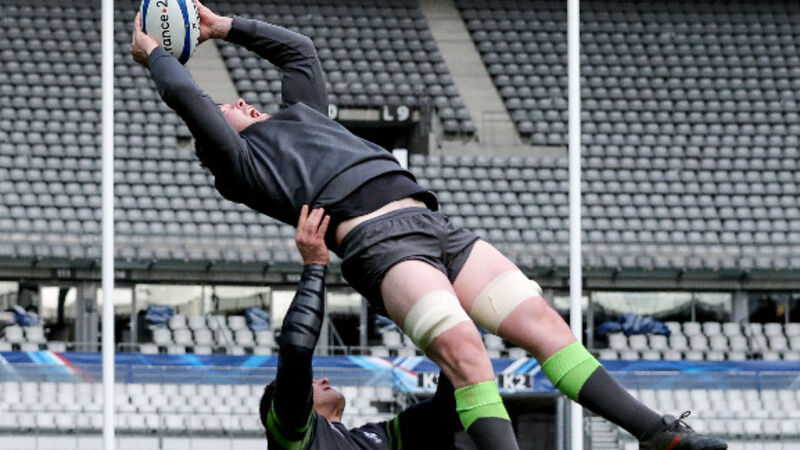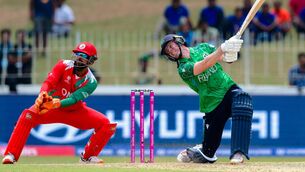Joe Schmidt doesn’t like journeys into the unknown

If there is one thing Joe Schmidt detests, it is not knowing what his opposition is capable of delivering. Give him the All Blacks any time. He would dissect them with such forensic zeal, as he did in advance of that famous win in Chicago, that not only did he convince his players that they could win, he also provided them with the methodology to do so.















